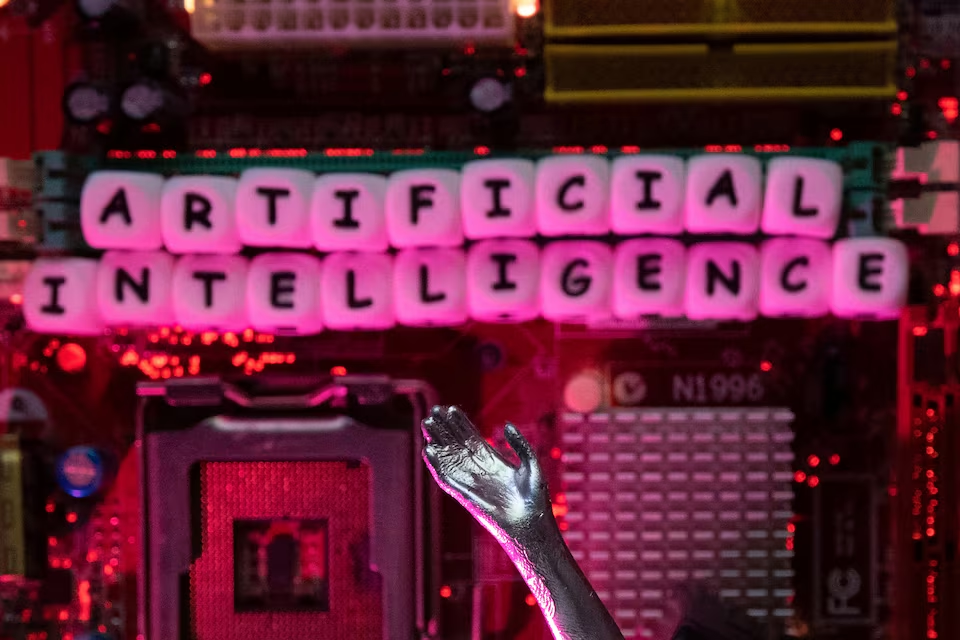BRUSSELS -- Europe's landmark rules on artificial intelligence will enter into force next month after EU countries endorsed on Tuesday a political deal reached in December, setting a potential global benchmark for a technology used in business and everyday life.
The European Union's AI Act is more comprehensive than the United States' light-touch voluntary compliance approach while China's approach aims to maintain social stability and state control.
The vote by EU countries came two months after EU lawmakers backed the AI legislation drafted by the European Commission in 2021 after making a number of key changes.
Concerns about AI contributing to misinformation, fake news and copyrighted material have intensified globally in recent months amid the growing popularity of generative AI systems such as Microsoft-backed OpenAI's ChatGPT, and Google's chatbot Gemini.
"This landmark law, the first of its kind in the world, addresses a global technological challenge that also creates opportunities for our societies and economies," Belgian digitisation minister Mathieu Michel said in a statement.
"With the AI Act, Europe emphasizes the importance of trust, transparency and accountability when dealing with new technologies while at the same time ensuring this fast-changing technology can flourish and boost European innovation," he said.
The AI Act imposes strict transparency obligations on high-risk AI systems while such requirements for general-purpose AI models will be lighter.
It restricts governments' use of real-time biometric surveillance in public spaces to cases of certain crimes, prevention of terrorist attacks and searches for people suspected of the most serious crimes.
The new legislation will have an impact beyond the 27-country bloc, said Patrick van Eecke at law firm Cooley.
"The Act will have global reach. Companies outside the EU who use EU customer data in their AI platforms will need to comply. Other countries and regions are likely to use the AI Act as a blueprint, just as they did with the GDPR," he said, referring to EU privacy rules.
While the new legislation will apply in 2026, bans on the use of artificial intelligence in social scoring, predictive policing and untargeted scraping of facial images from the internet or CCTV footage will kick in in six months once the new regulation enters into force.
Obligations for general purpose AI models will apply after 12 months and rules for AI systems embedded into regulated products in 36 months.
Fines for violations range from 7.5 million euros ($8.2 million) or 1.5% of turnover to 35 million euros or 7% of global turnover depending on the type of violations.
($1 = 0.9199 euros)





















































